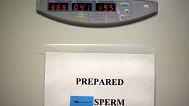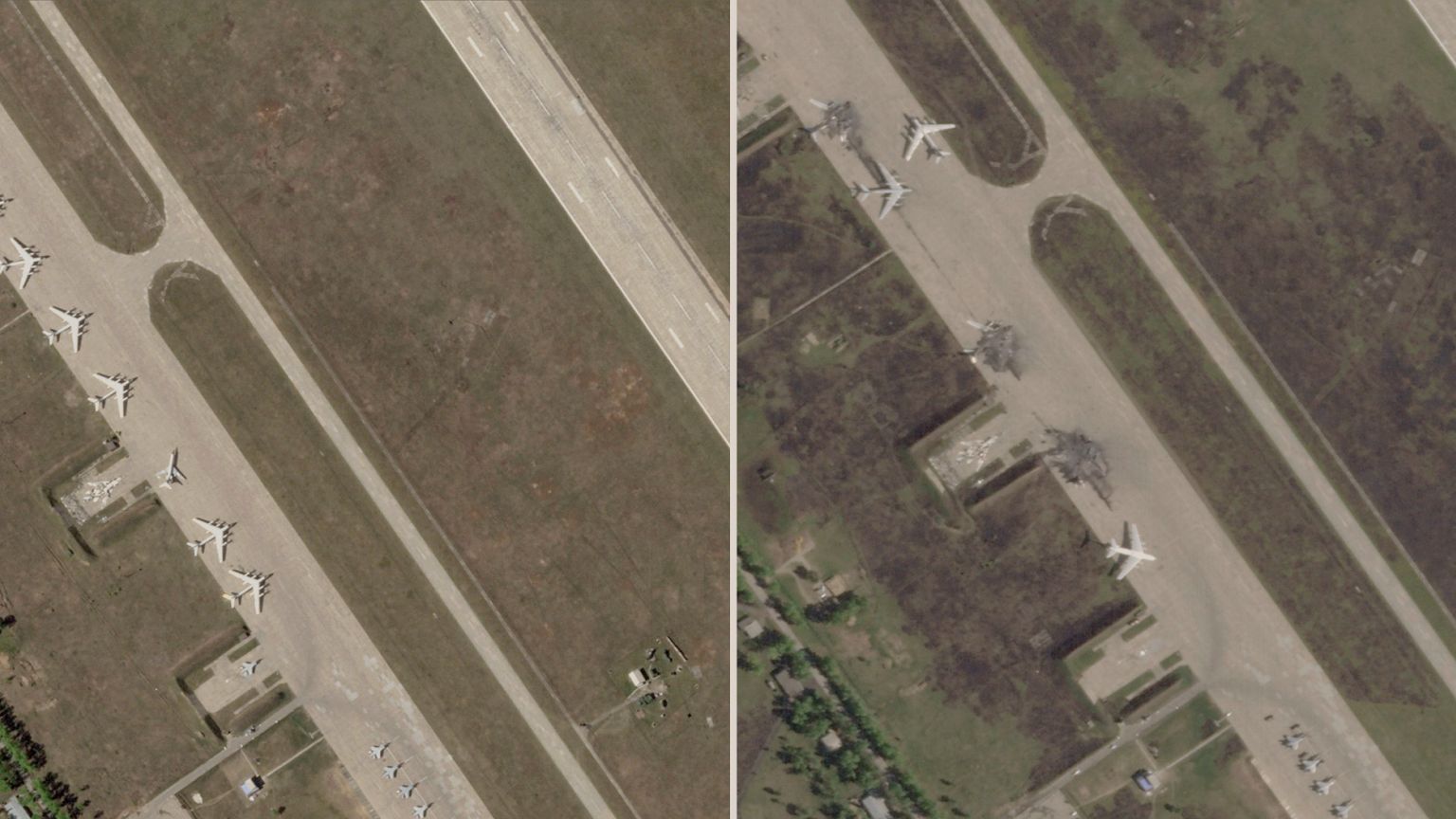Ukraine’s security service has released new drone footage of its operation "Spiderweb" on Wednesday, showing how exactly Kyiv struck 41 Russian heavy military bombers. Meanwhile, Zelenskyy said Kyiv would not have launched its drone strike if Moscow had accepted Kyiv's calls for a ceasefire.
Ukraine’s security service (SBU) released new drone footage of Operation "Spiderweb", showing how exactly Kyiv struck 41 Russian heavy military bombers last Sunday.
The footage released on Wednesday shows Ukraine’s first-person-view drones striking four Russian airfields: Dyagilevo in the Riazan region, Ivanovo in the Ivanovo region, Belaya air base in the Irkutsk region, located in south-eastern Siberia over 4,000km east of the frontline, and Olenya air base in Russia's Murmansk region, some 2,000km away from Ukraine’s border.
Kyiv said these were the airfields where Russian strategic aviation "had been based". The damaged aircraft include A-50, Tu-95, Tu-22, Tu-160, as well as An-12 and Il-78.
Moscow uses these heavy bombers for daily attacks on Ukrainian cities.
The SBU also revealed that it used a modern UAV control technology during this operation. It combined autonomous artificial intelligence algorithms and manual operator interventions.
Ukraine’s security service says some of the UAVs lost signal and would switch to an artificial intelligence-assisted mission following a pre-planned route. The warhead then automatically detonated as it approached and made contact with a specific target.
Earlier, Ukraine’s President Volodymyr Zelenskyy said that 117 drones had been used in Operation Spiderweb, each with its own pilot.
The General Staff of Ukraine’s Armed Forces confirmed on Tuesday that Russia lost 41 military aircraft.
How Ukraine attacked Russian aircraft from Russian territory
Zelenskyy said it took Kyiv "one year, six months, and nine days from the start of planning to effective execution."
Kyiv managed to smuggle FPV drones deep inside Russia and hide them inside trucks in mobile log cabins.
The cabins' roofs were then opened remotely, and the drones proceeded to launch their attack on Russian military bombers.
Social media footage widely shared by Russian media appears to show the drones rising from inside containers, while the panels lie discarded on the road.
On Wednesday, Ukraine’s president said Kyiv would not have launched its drone strike on Russian strategic bombers if Moscow had accepted Kyiv's calls for a ceasefire.
Zelenskyy said Ukraine has repeatedly urged Russia to accept the US-backed 30-day ceasefire proposal, which could be the first step to putting an end to Russia’s all-out war against Ukraine.
However during the second round of talks on Monday, Moscow rejected the proposal once again.
"If there had been a ceasefire, would the operation have taken place? No," Zelenskyy explained, adding that roughly half of the planes will be impossible to repair, while others will require significant time to be put back into service.













